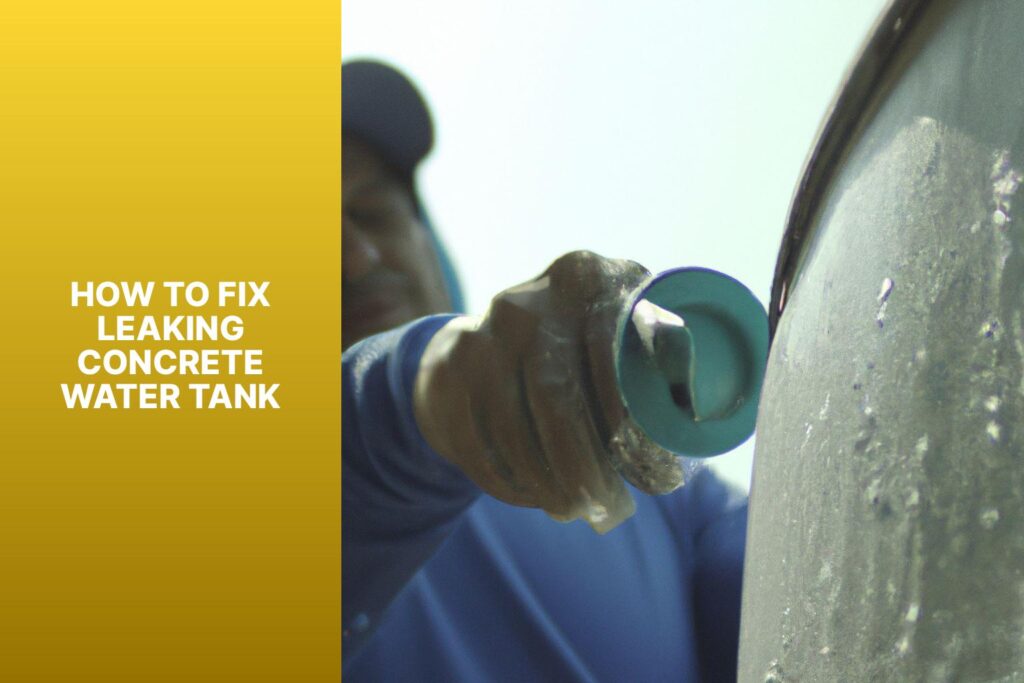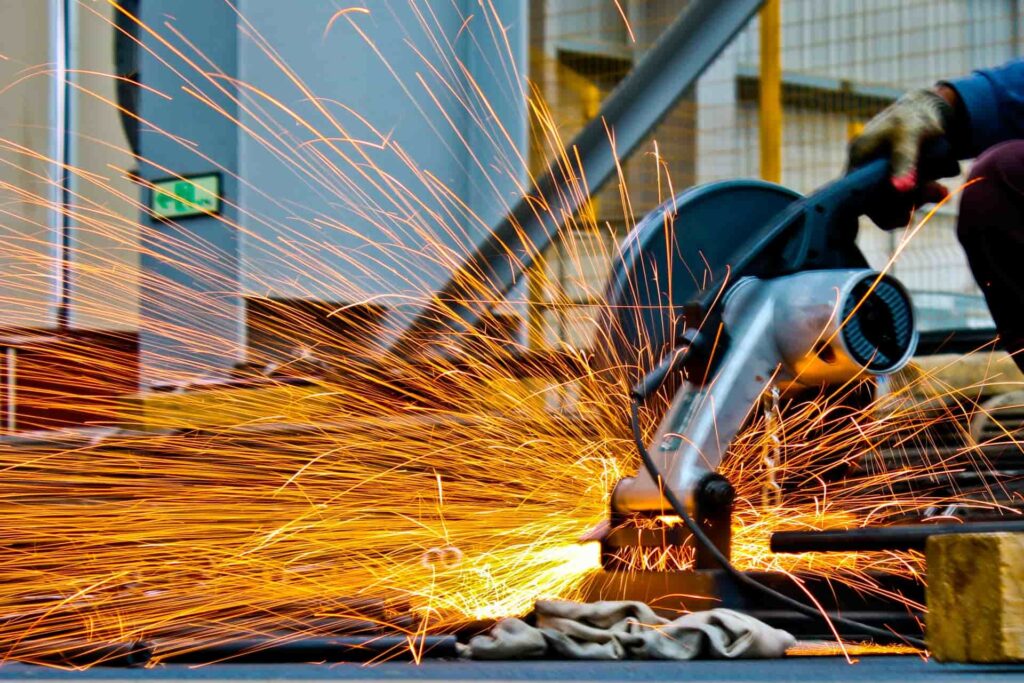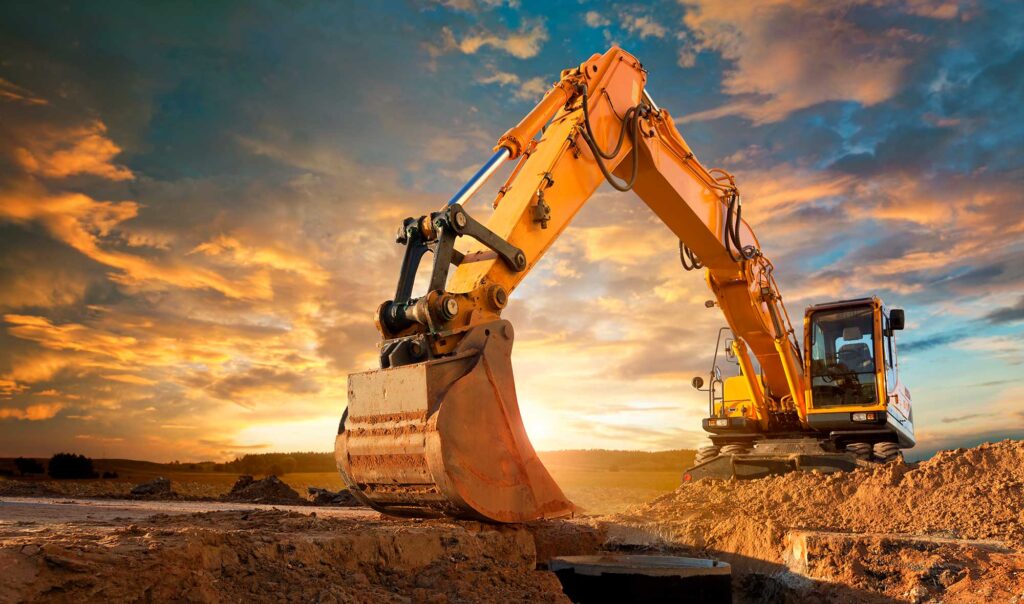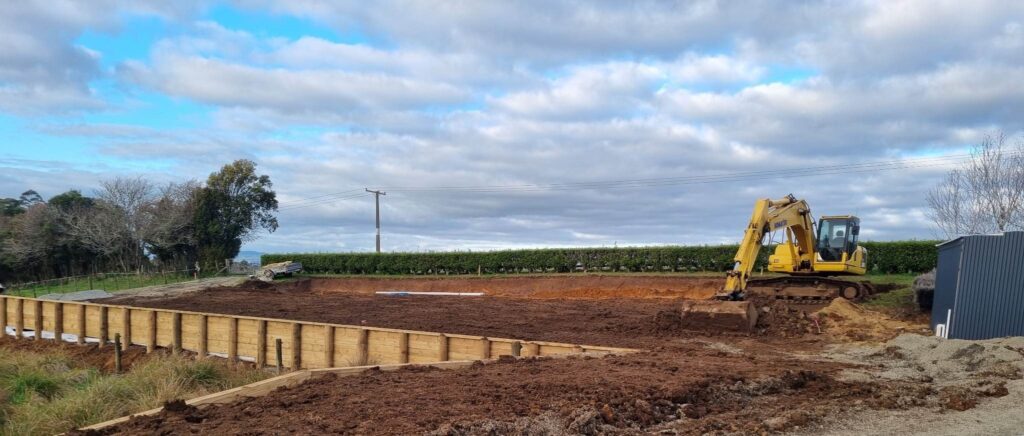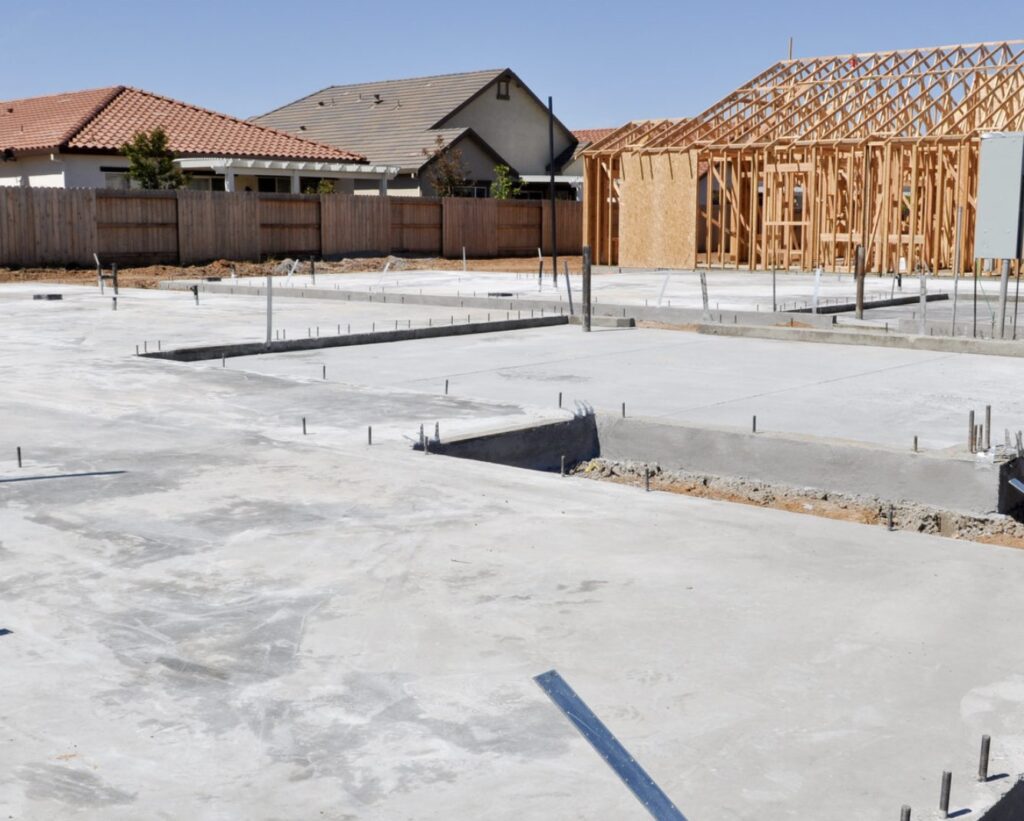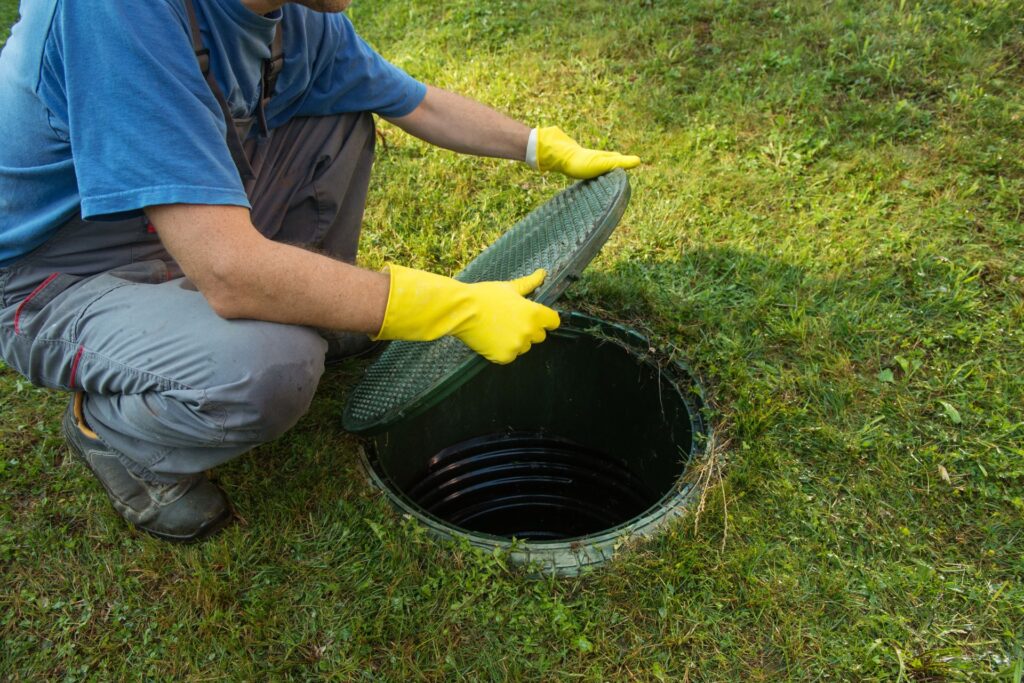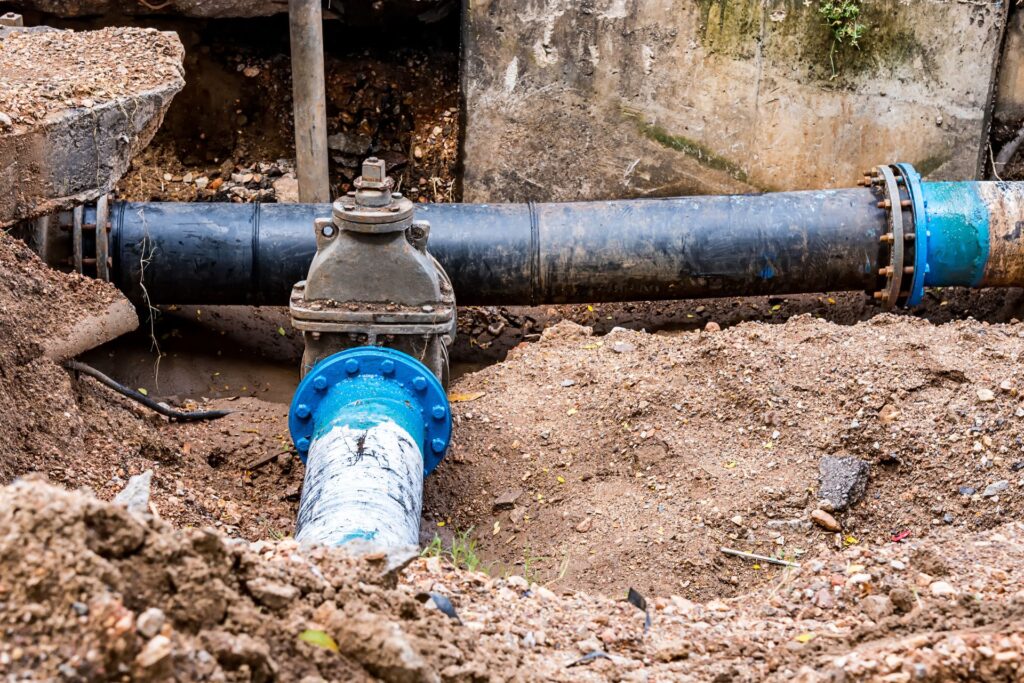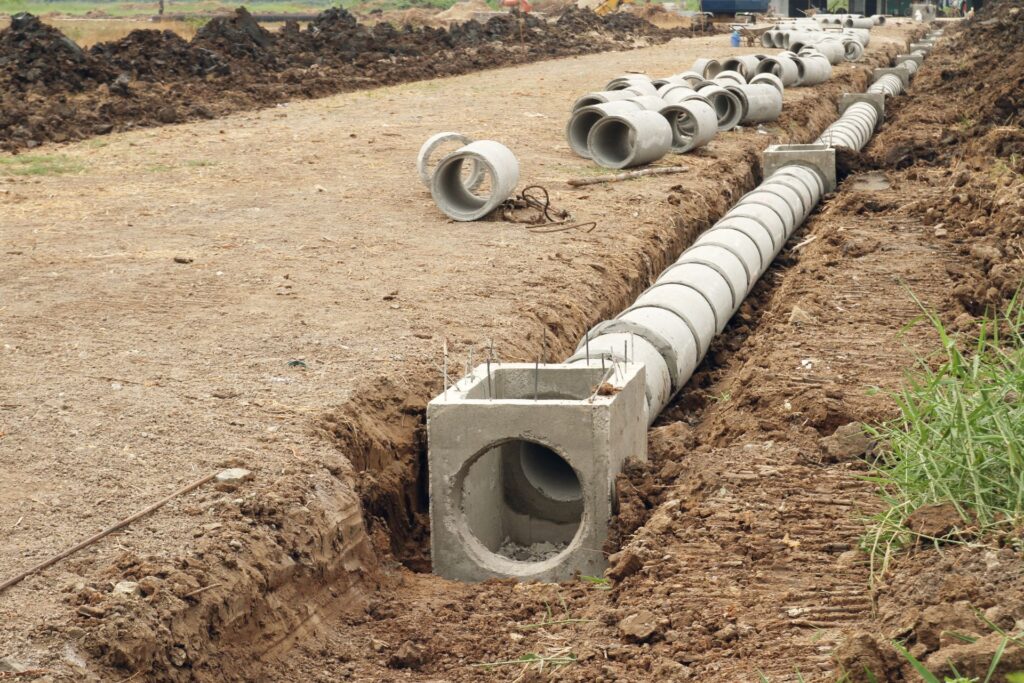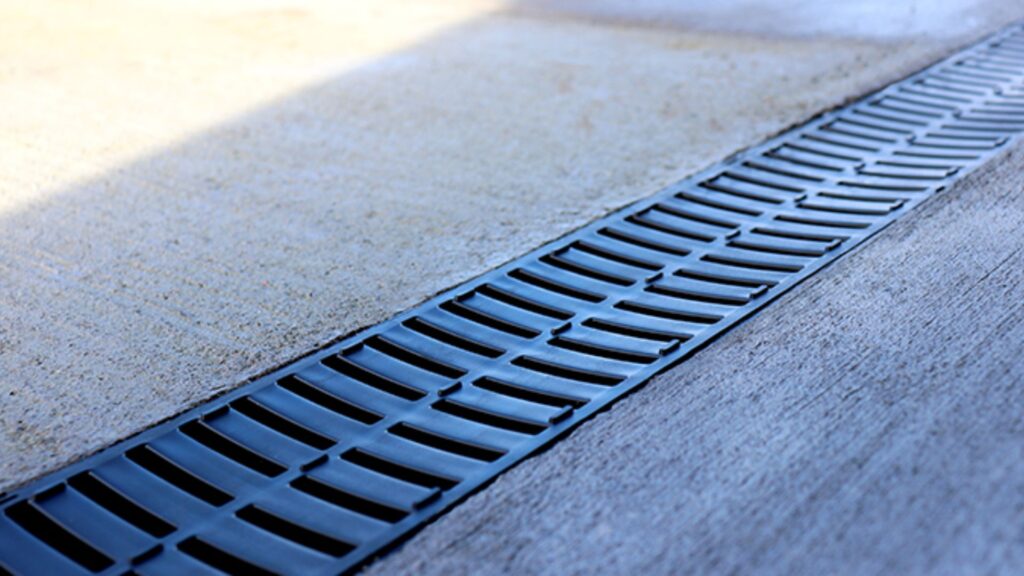Welcome to your go-to guide on demolition costs in New Zealand. Whether you’re planning to tear down an old house, garage, or commercial space, understanding the pricing can save you time, stress, and money. Demolition isn’t just about knocking things down, it involves permits, safety checks, and careful planning. In this post, we’ll break down the typical cost for demolition services in NZ, what affects pricing, and how you can budget smart for your next project. Whether you’re in Auckland, Wellington, Christchurch, or anywhere in between, this guide will help you make informed decisions from start to finish.
The cost for demolition services in New Zealand typically ranges from $8,000 to $30,000 for a standard residential home. Smaller jobs like sheds or garages may cost $2,000 to $5,000, while larger or more complex demolitions can exceed $30,000, especially if asbestos removal or site clearance is required. Prices vary based on location, structure size, materials, and site access.
Table of Contents
What Is Demolition?
Demolition is the process of safely dismantling or tearing down a structure, either in part or entirely. It’s commonly done to prepare a property for redevelopment, renovation, or land clearing. In simple terms, demolition removes what’s no longer needed so something new can take its place.
There are different types of demolition services available in New Zealand, each suited to a specific project or structure. Residential demolition usually involves removing houses, garages, or small buildings. This type of work is often done when homeowners plan to rebuild or renovate extensively. Commercial demolition targets larger buildings such as warehouses, office blocks, and retail stores. These projects require more planning and heavier equipment due to their size and complexity.
Another type is interior strip-out, where only the inside of a structure is removed while keeping the main frame intact. This is common during renovations where businesses or homeowners want to redesign interior spaces without touching the outer walls. Concrete removal is also a specialized service where driveways, patios, foundations, or slabs are broken up and cleared.
People choose to demolish buildings for several reasons. Sometimes, a structure is no longer safe due to age, storm damage, or poor construction. In other cases, the layout may no longer suit the owner’s needs, prompting a complete rebuild. Developers might demolish existing buildings to clear land for new construction. Whether it’s for safety, style, or future development, demolition plays a key role in making space for better use of property.

Average Cost For Demolition Services In NZ
Understanding the average cost for demolition services in New Zealand is an important step if you’re planning to tear down a structure. Whether you’re removing a small shed or an entire house, the cost will depend on several key factors including the type of project, location, and specific site conditions. Below is a detailed breakdown of what you can expect to pay for different demolition jobs across NZ, along with key insights that can help you plan your budget more accurately.
General Price Range For Residential Demolition
For most standard residential demolition projects in New Zealand, you can expect to pay between $8,000 and $30,000. This range covers everything from basic house teardowns to more complex jobs involving larger homes, difficult access, or special material handling like asbestos removal.
The lower end of the range usually applies to smaller homes in easily accessible areas with no hazardous materials. The higher end reflects more complex demolitions or projects in cities with higher labor and permit costs.
Cost Breakdown By Project Type
- 1. Small Jobs (Sheds, Garages, Outbuildings)
If you’re demolishing a smaller structure like a garden shed, detached garage, or old fence line, costs typically fall between $2,000 and $5,000. These jobs usually require minimal machinery and are completed in a shorter timeframe, making them far more affordable. - 2. Full Home Demolition
Tearing down an entire residential property can range from $15,000 to $30,000 depending on the size of the house, the presence of hazardous materials, and how easy the site is to access. Older homes with asbestos, for example, will sit at the upper end of this range. - 3. Commercial Demolition
Commercial demolition costs vary much more widely. These projects are often larger in scale and may involve reinforced concrete, steel frames, or multiple floors. It’s not uncommon for costs to exceed $50,000 or more, and every commercial project generally requires a custom quote due to varying complexities and compliance requirements.
Regional Price Differences Across New Zealand
Demolition costs aren’t the same in every part of the country. Your location plays a major role in the final price:
- Auckland: Typically the most expensive due to high demand, labor costs, and tighter building regulations.
- Wellington: Slightly less than Auckland, but still on the higher end due to terrain and logistics.
- Christchurch: More affordable in comparison, though post-earthquake regulations may add costs in certain zones.
- Rural Areas: Generally cheaper, but transportation and equipment access can offset savings depending on how remote the site is.
Summary Table For Quick Reference
| Type of Project | Estimated Cost Range |
| Shed or Small Garage | $2,000 – $5,000 |
| Standard Home | $8,000 – $30,000 |
| Full House Demolition | $15,000 – $30,000+ |
| Commercial Project | $50,000+ (varies widely) |
When budgeting for a demolition job, it’s always best to get multiple quotes from local contractors, and ask for a breakdown of the total cost. This helps you understand exactly what you’re paying for and avoid hidden fees related to permits, waste disposal, or hazardous material handling.
If you’re unsure where to begin, working with an experienced demolition team that understands local regulations and pricing trends will save you time and reduce costly surprises later in the process.

Key Factors That Affect Demolition Costs
Several factors influence how much you’ll pay for demolition services in New Zealand. Knowing these can help you understand your quote, avoid surprises, and plan your budget more accurately.
Size And Structure Type
The larger the building, the higher the demolition cost. A full house demolition costs more than tearing down a small garage or shed due to more materials, labor, and time involved.
Materials Used
The type of materials used in the structure plays a big role in pricing. Demolishing a timber-framed home is cheaper than taking down concrete or brick buildings, which require heavier equipment and more effort.
Access To Site
If your property is in a tight urban area or hard-to-reach location, expect to pay more. Narrow driveways, overhead wires, or nearby structures make it difficult for machinery to operate, increasing labor and time.
Asbestos Removal
Removing asbestos is a regulated process and adds significant cost to your project. Depending on the amount and location, asbestos removal can range from $2,000 to $10,000 or more.
Waste Disposal
Disposing of debris is a major part of demolition costs. You’ll need skip bins, transport, and landfill fees, which can add up quickly, especially if the materials aren’t recyclable.
Permit And Council Requirements
Most demolition projects require a building consent from your local council. Permit fees and approval times vary by region, and delays can push your project timeline and costs higher.
Labor And Equipment
The type of equipment used and the number of workers needed will impact your quote. Manual demolition or specialized machinery can drive costs up, especially for complex or partial teardowns.
Each of these factors can influence your final bill, so it’s smart to ask your contractor for a detailed, itemized quote before getting started.
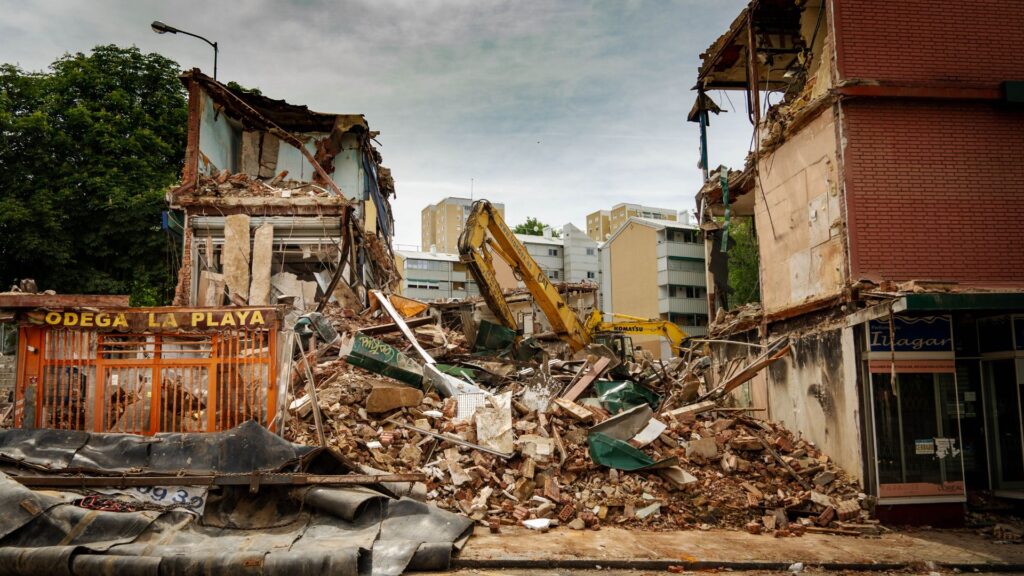
Residential Vs Commercial Demolition Costs
When comparing residential and commercial demolition in New Zealand, the differences go beyond just the size of the structures. Both types require proper planning, professional contractors, and safe execution, but the cost, complexity, and legal requirements can vary significantly.
- Residential demolition typically refers to tearing down houses, garages, sheds, or small dwellings. It’s often done to clear land for a rebuild or a major renovation. These projects are usually smaller in scale, require fewer permits, and are faster to complete. The average cost per square metre is lower for residential demolition, often ranging between $70 and $120 per sqm, depending on factors like structure type, location, and accessibility.
- Commercial demolition, on the other hand, includes warehouses, office buildings, retail spaces, and industrial sites. These structures are often made with concrete, steel, or reinforced materials, which are more complex to remove. They also tend to have higher safety risks, require more equipment, and involve more extensive site preparation. Because of this, commercial demolition can cost $150 to $300 per sqm or more.
Another big difference is regulation and compliance. Residential projects may only need basic council consent and utility disconnection. Commercial demolitions usually require multiple permits, detailed engineering reports, traffic management plans, and environmental impact checks. These add to the timeline and total project cost.
In summary, residential demolition is generally cheaper per square metre, quicker to get approved, and simpler to manage. Commercial demolition demands a bigger budget, deeper planning, and a team experienced in large-scale teardown projects. Always consult local council guidelines and work with licensed contractors to make sure your project stays on track and within budget.
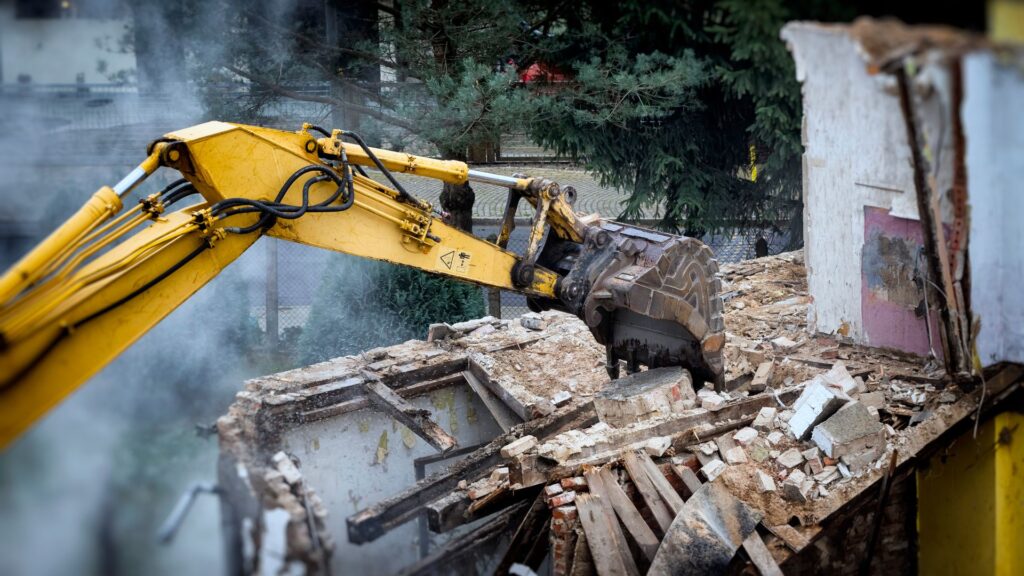
Hidden Costs To Watch Out For
When planning a demolition project in New Zealand, it’s easy to focus on the main cost, knocking the structure down. But many homeowners overlook hidden costs that can quickly inflate the final bill. These aren’t always included in the initial quote, and if you’re not prepared, they can take you by surprise. Here’s a closer look at the most common hidden demolition costs you should know before starting.
Asbestos Testing And Removal
If your home or building was constructed before the 1990s, there’s a good chance it contains asbestos. This hazardous material was commonly used in walls, ceilings, insulation, and roofing. Before any demolition begins, your contractor will need to inspect the site for asbestos. If it’s found, licensed professionals must safely remove and dispose of it according to New Zealand regulations. This can add anywhere from $2,000 to $10,000 or more, depending on the size of the area and the level of contamination.
Soil Contamination Cleanup
If the land has been exposed to chemicals, fuel storage, or industrial use in the past, the soil may be contaminated. This is especially common in older commercial sites, petrol stations, and areas with garages or sheds. Contaminated soil must be tested, removed, and replaced before any new building can begin. This process isn’t just costly, it can also delay your timeline significantly. Cleanup fees vary, but they can easily reach several thousand dollars, depending on the size of the affected area.
Utility Disconnection And Reconnection
Before demolition can begin, all services such as electricity, gas, water, and telecoms need to be properly disconnected. This is not just a safety requirement, it’s a legal one. Failing to do this correctly can cause damage, safety hazards, and even fines. After demolition, reconnecting these utilities to your new build will also come with a cost. These steps usually aren’t included in standard demolition quotes, so you’ll need to factor in extra charges from utility providers or licensed tradespeople.
Arborist Services
If trees or large vegetation block access to the site, or if protected trees are located near the structure, you may need to involve an arborist. Cutting or trimming trees without permission could breach local council rules. Arborists assess the health of trees, manage removal or pruning, and help ensure that nearby vegetation doesn’t interfere with demolition equipment or future construction. Their services can add a few hundred to several thousand dollars to your overall cost, depending on the work involved.
Site Levelling After Demolition
Once the building is down and debris is cleared, the site must be levelled before any construction or landscaping can begin. Levelling ensures the ground is safe, even, and suitable for building. This step might involve additional excavation, soil fill, or compacting work, especially if heavy machinery left the site uneven. Many homeowners mistakenly assume this is part of the demolition service, but it’s often billed separately.
Why Full Quotes Matter
The best way to avoid being caught off guard is to ask for a detailed, itemized quote from your demolition contractor. Ask specifically if asbestos removal, soil testing, tree management, and utility disconnections are included. Clear communication from the start will help you avoid surprise costs and give you a more accurate picture of your total budget.
If you’re planning a demolition, knowing these hidden costs can save you from stress and unexpected bills later. Always ask the right questions and choose contractors who are upfront about what their service includes.
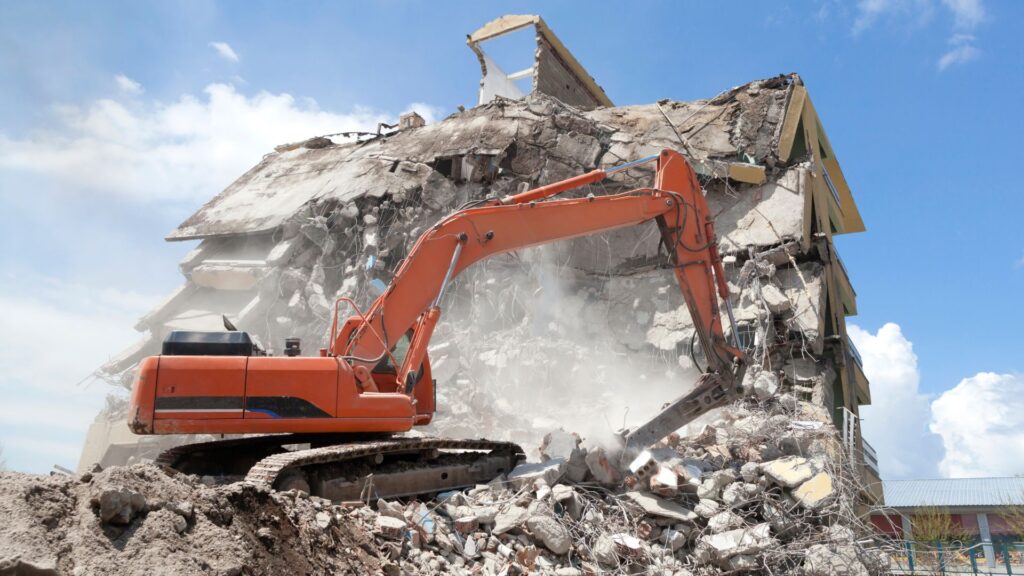
How To Get An Accurate Demolition Quote
Getting an accurate demolition quote in New Zealand is the first step toward planning your project without budget surprises. Many homeowners make the mistake of accepting the first quote they receive, only to face unexpected charges later. To avoid that, follow these four key steps to get a reliable and detailed estimate from a demolition contractor.
- Contact Multiple Demolition Contractors
Start by reaching out to at least three licensed demolition companies in your area. Pricing can vary widely based on their experience, equipment, and project workload. By comparing quotes, you’ll get a clearer picture of the fair market rate for your specific job. Be specific when explaining your project, mention the type of structure, its size, location, and whether it includes any complex elements like asbestos or concrete foundations. This ensures you’re comparing similar scopes of work. - Request On-Site Inspections
A phone or email estimate isn’t enough. Ask each contractor to visit the site in person. On-site inspections help them assess important factors like access points, surrounding structures, safety hazards, and any unexpected complications that may affect pricing. A contractor who insists on seeing the site first is usually more professional and transparent. This visit also gives you a chance to ask questions and get a feel for how they work. - Ask For Itemized Quotes With Timelines
Avoid vague lump-sum estimates. Request an itemized quote that breaks down each cost: labor, equipment, permits, waste removal, and any potential add-ons like asbestos removal. This level of detail helps you spot inflated charges or missing items. Also, ask for a timeline. Knowing how long the project will take helps you plan for any disruptions and ensures the contractor can meet your deadlines. - Check Reviews And Past Work
Before making a final decision, look up online reviews and testimonials from previous clients. Browse Google, Facebook, or local directories to see if others had good or bad experiences. If possible, ask the contractor for examples of similar jobs they’ve completed. Viewing their past work gives you peace of mind that they’re capable of handling your demolition safely, efficiently, and within budget.
By following these steps, you’ll be better prepared to choose a contractor who offers both competitive pricing and dependable service. Always take your time, getting a proper quote now can save you thousands later.
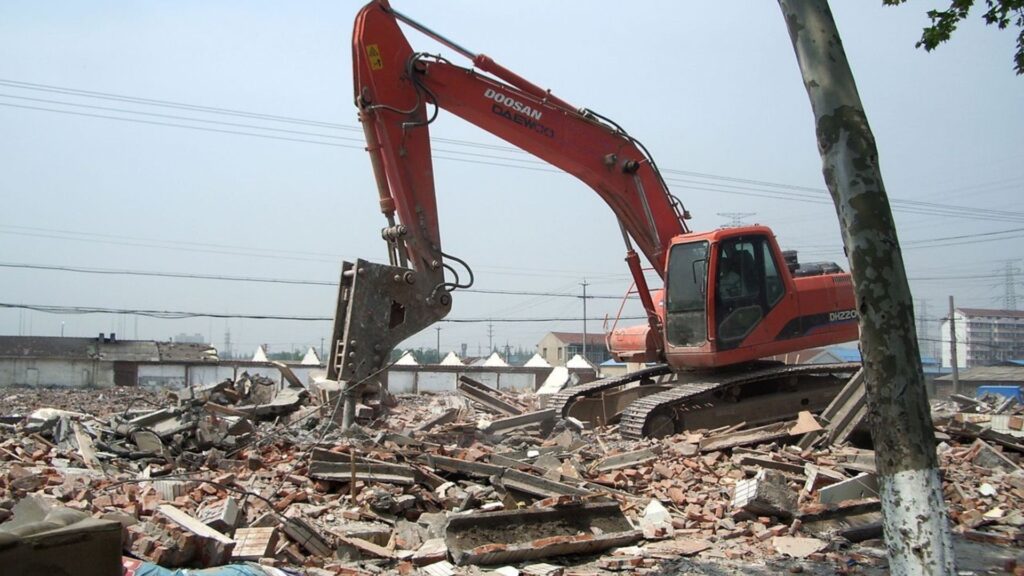
Tips To Save On Demolition Costs
Demolition can be expensive, but with a bit of planning, you can lower your costs without cutting corners. Here are practical ways to reduce the overall cost of demolition services in New Zealand while still getting professional results.
Recycle Salvageable Materials
Before demolition begins, ask your contractor if any materials can be salvaged and reused. Items like timber, bricks, windows, metal fixtures, and even appliances can often be removed and recycled instead of sent to landfill. Reusing materials saves on disposal fees and may even provide value if you resell or reuse them in your next project. Some demolition companies offer discounts if they can keep and resell recovered materials, so it’s worth asking.
Combine Demolition With Renovation Quotes
If you’re planning to demolish and build or renovate on the same site, it makes sense to get quotes from contractors who handle both demolition and construction. Bundling these services can reduce costs, simplify coordination, and help you avoid overlapping fees. It also gives you a clear project timeline and one point of contact for both stages, which can speed things up and reduce the chance of miscommunication.
Time The Project Off-Season
Contractors often charge higher rates during busy months, typically spring and summer, when demand is high. Scheduling your demolition during the off-season, such as late autumn or winter, can help you negotiate better pricing. Fewer competing jobs mean more availability, and some contractors may offer off-peak discounts to keep crews working year-round.
Get Permits Sorted Early To Avoid Delays
Permit delays can add unexpected costs to your project. Waiting on council approval means you might need to reschedule crews or extend site rental fees. To avoid this, apply for permits as early as possible. Each region in New Zealand has its own consent process, and missing documents or incomplete applications can slow things down. Taking care of paperwork early helps you stick to your timeline and avoid paying extra due to avoidable setbacks.
By following these simple steps, recycling, bundling services, timing strategically, and staying on top of paperwork, you can keep your demolition project within budget while staying compliant and on schedule.
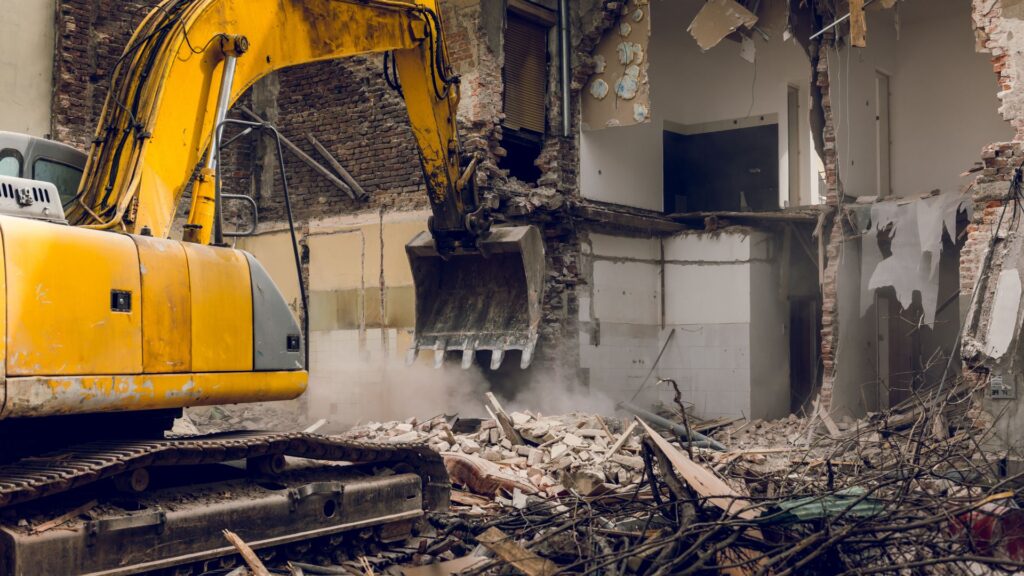
Do You Need Council Consent For Demolition In NZ?
Before starting any demolition work in New Zealand, it’s important to know whether you need council consent. While some small projects may be exempt, most full or partial demolitions require approval from your local council. Ignoring this step can lead to fines, delays, or even legal action, so it’s worth understanding the rules from the beginning.
In general, you’ll need building consent if you’re demolishing a house, garage, or any structure that affects the safety or use of the land. This includes residential and commercial buildings. The reason councils require consent is to ensure that the demolition follows safety standards, doesn’t disturb neighboring properties, and takes environmental concerns into account. For example, if the building contains asbestos or is located near protected trees or waterways, specific conditions will apply.
Consent is also required if the structure is close to public roads, involves shared walls with another property, or affects stormwater and drainage systems. In these cases, your local council may ask for detailed demolition plans, engineering reports, and waste management strategies. You’ll also need to disconnect utilities like power, gas, and water before any physical work starts, and that too must be confirmed by the relevant authorities.
There are some exemptions. Small, non-habitable structures like garden sheds, fences, and some types of decks may not need consent, especially if they’re under a certain height or size. But even then, you should always double-check with your local council. Each region in New Zealand may have different rules, and what’s allowed in Christchurch might not apply in Auckland or Wellington.
To avoid surprises, it’s best to review the official guidance provided by the New Zealand Government. You can visit building.govt.nz to check current requirements, use their consent decision tools, or contact your council directly for advice.
Understanding whether you need consent ensures your demolition project runs smoothly, legally, and without unexpected delays. Always plan ahead and get the right approvals before moving forward.
Ready to Get a Demolition Quote You Can Trust? Visit Auckland Earthmoving Company to learn more about our demolition services and get started with a free estimate today.
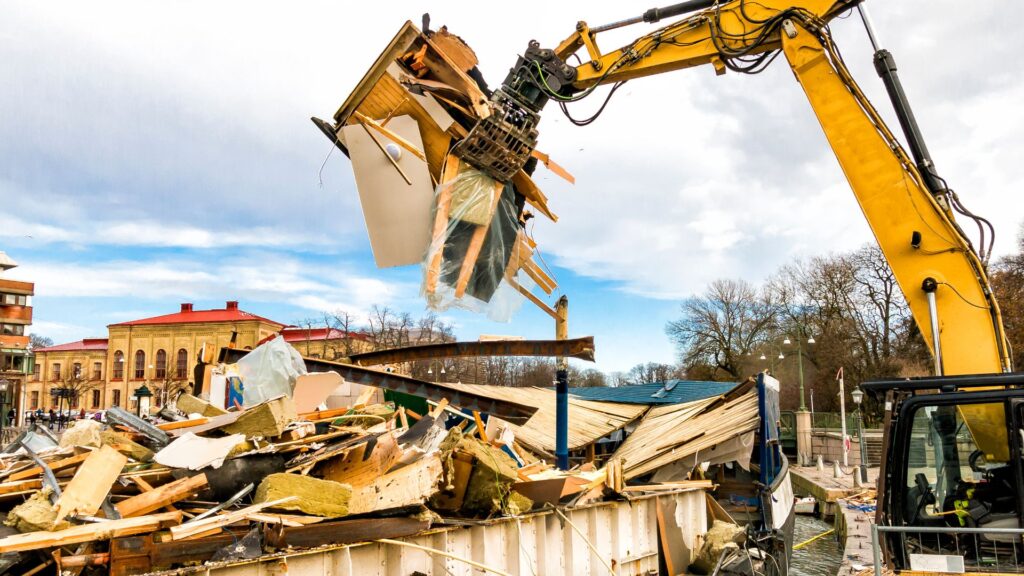
FAQs: About Demolition Costs in NZ
How much does it cost to demolish a house in New Zealand?
The average cost to demolish a house in NZ ranges from $8,000 to $30,000. This varies based on the size of the structure, materials used, access to the site, and whether asbestos removal is needed.
What factors affect demolition costs in NZ?
Key factors include the size and type of structure, presence of hazardous materials like asbestos, site access, local council requirements, and waste disposal fees.
Do I need council consent to demolish a building in NZ?
In most cases, yes. You’ll likely need a building consent from your local council, especially for full demolitions. Always check local regulations before starting.
Is asbestos removal included in demolition quotes?
Not always. Asbestos removal is often quoted separately due to its complexity and strict safety regulations. Always ask your contractor if it’s included.
Can I demolish a building myself in New Zealand?
DIY demolition is allowed for small, non-structural projects, but full demolitions—especially those involving hazardous materials—should be handled by licensed professionals.
How long does a demolition project usually take?
Residential demolitions typically take 1 to 2 weeks. Timeframes vary based on size, complexity, permit approvals, and weather conditions.
What are the hidden costs of demolition?
Hidden costs may include permit fees, asbestos testing and removal, utility disconnection, soil contamination cleanup, and site levelling after demolition.
Can demolition costs be reduced by recycling materials?
Yes. Salvaging and recycling materials like timber, bricks, and metal can reduce disposal costs and may earn some money back.
Are demolition costs the same across New Zealand?
No. Prices vary by region. For example, demolition in Auckland or Wellington may cost more than in smaller towns due to higher labor and permit costs.
How do I choose a reliable demolition contractor?
Get multiple quotes, check reviews, ask for references, and ensure the contractor is licensed and insured. A good contractor should offer a detailed, itemized quote.
Conclusion
Demolition can seem like a major expense upfront, but when you break down the key cost drivers, such as structure size, materials, site access, asbestos removal, and council permits,it becomes clear that these are necessary steps to ensure a smooth and safe project. Proper planning not only helps you avoid unexpected costs but also gives you more control over the timeline and final outcome. By working with experienced contractors, securing the right permits early, and budgeting for potential hidden fees, you can significantly reduce stress and stay on track financially. Rather than viewing demolition as a cost to cut, it’s better to see it as a critical investment that clears the path for something new, whether that’s a modern home, a business space, or a fresh start. Done right, demolition sets the foundation for success.
About the Author:
Mike Veail is a recognized digital marketing expert with over 6 years of experience in helping tradespeople and small businesses thrive online. A former quantity surveyor, Mike combines deep industry knowledge with hands-on expertise in SEO and Google Ads. His marketing strategies are tailored to the specific needs of the trades sector, helping businesses increase visibility and generate more leads through proven, ethical methods.
Mike has successfully partnered with numerous companies, establishing a track record of delivering measurable results. His work has been featured across various platforms that showcase his expertise in lead generation and online marketing for the trades sector.
Learn more about Mike's experience and services at https://theleadguy.online or follow him on social media:

